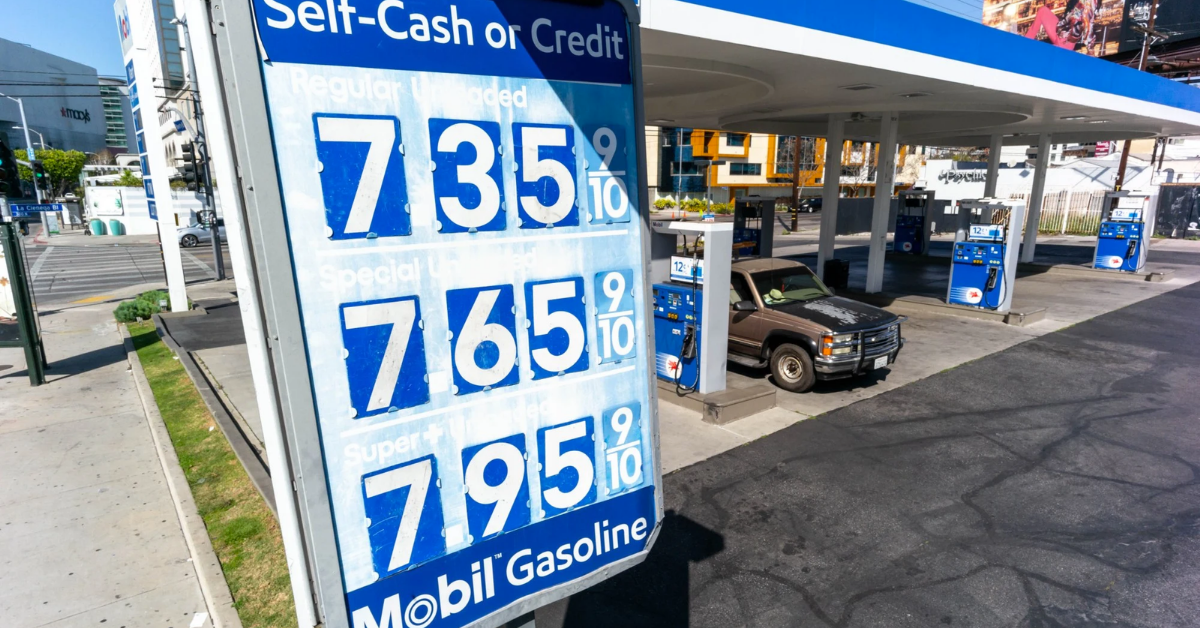Gas refiner and marketer Valero hit back at California’s Energy Commission last week after the agency demanded oil refinery executives explain why, despite declining crude oil prices, gas prices have spiked.
“[C]rude oil prices are down and industry profits are up, yet gas prices have increased by a record $0.84 per gallon in 10 days in California – a $2.50 difference compared to U.S. prices,” CEC Chair David Hochschild wrote in a Sept. 30 letter to executives. “This degree of divergence from national prices hasn’t happened before, regardless of planned or unplanned refinery maintenance, and no explanation has been provided. The oil industry owes Californians answers.”
Hochschild accused the executives of not providing an “adequate and transparent” explanation for the price spike. He noted that the industry’s “lower-than-normal” stockpiles of gasoline appear to be a contributing factor to a tightening gasoline market that has increased gasoline prices over the prior week.
Hochschild demand that the industry leaders explain why gasoline prices have risen “despite a sharp downturn in global crude prices, no significant unplanned refinery outages in the state, and no increases in state taxes or fees.”
Hochschild asked what the State of California could do to address logistics or other obstacles that have contributed to the price increases. He also demanded that refiners explain why they supposedly allowed inventory levels to drop despite “for months, or in some cases years” that planned maintenance would occur.
In response, Valero’s Vice President State Government Affairs, Scott N. Folwarkow, denied any allegations of “price conspiracies” among oil refineries, pointing to a federal judge having thrown out another case finding no basis for them.
Folwarkow blamed low inventories on post-COVID’s growing demand and limited supply. He said the higher prices in California than in the rest of the U.S. had to do with the state being the “most expensive operative environment in the country and (being) a very hostile regulatory environment for refining.”
“California policy markers have knowingly adopted policies with the expressed intent of eliminating the refinery sector,” he said. “California requires refiners to pay very high carbon cap and trade fees and burdened gasoline with cost of the law carbon fuel standards.”
He argued that the state’s policies have made it difficult to increase refining capacity and have prevented supply projects to lower operating costs of refineries.
Get the full story: Read more.










